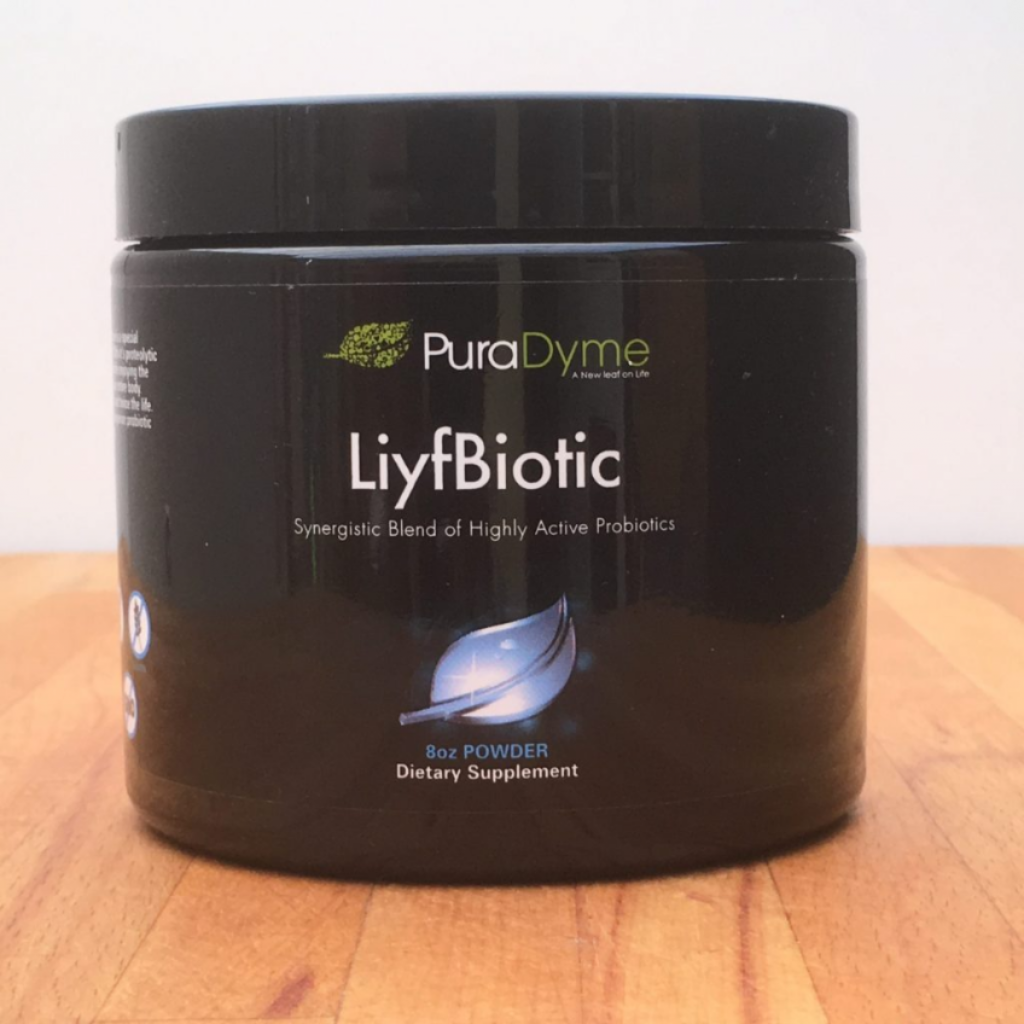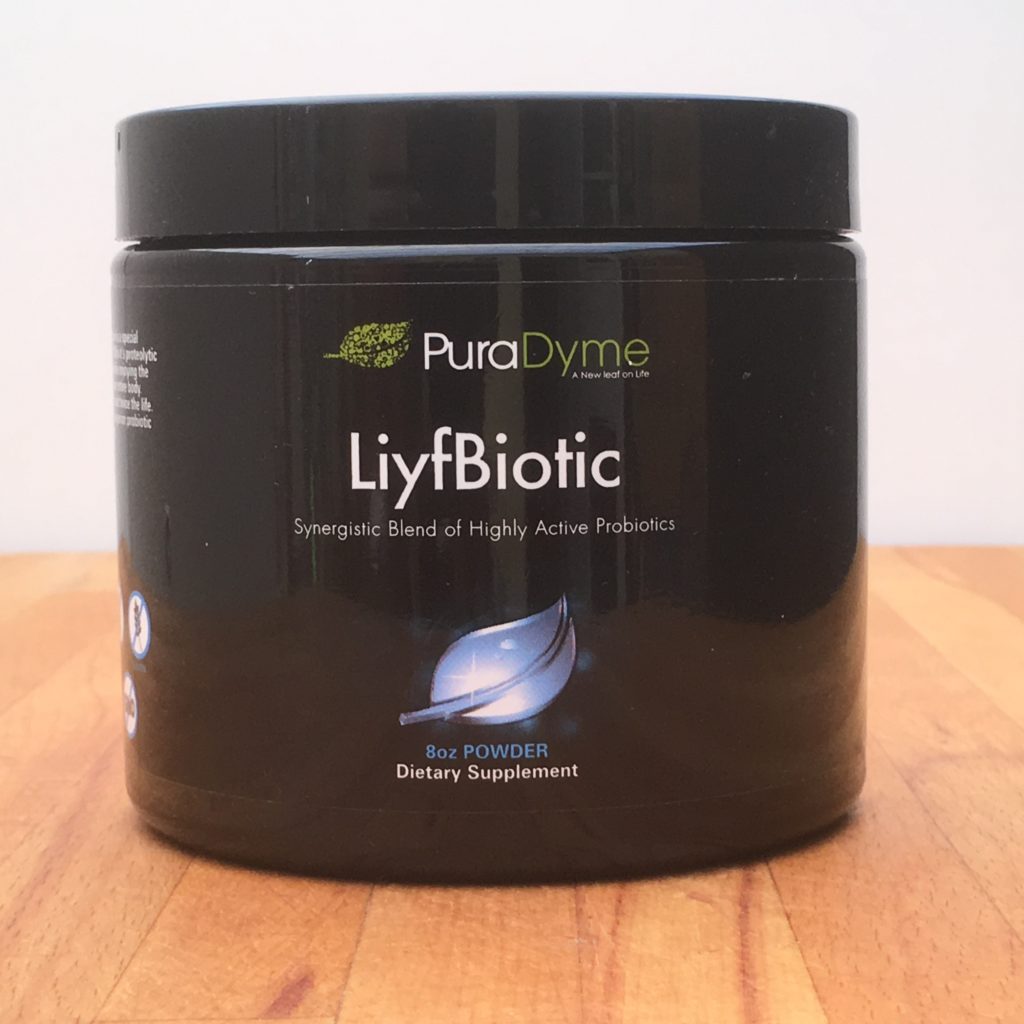Probiotics are micro-organisms that, when you eat or drink them, provide significant health benefits.
You will often hear them referred to as friendly bacteria.
We are not making it up – the World Health Organisation definition of probiotics is that they are live micro-organisms which, when administered in adequate amounts, confer a health benefit on the host.
There are an enormous number of different kinds of bacteria in your body at any one time. Most of these bacteria are in your digestive system, mainly in the colon, and the majority are harmless.
But for your digestive system to work properly it is important that you have the right balance of bacteria in your gut.
Having the right balance has been linked in many studies to health benefits such as weight loss, improved digestion, immune function, healthier skin and a reduced risk of many diseases.
What probiotics do is colonise your digestive system with the right kind of bacteria and other micro-organisms.
We say ‘other micro-organisms’ because while probiotics are normally bacteria, they can also be yeasts.
Colonising your digestive system with the good stuff can have a significant impact on your health…

Probiotics can have an enormous impact on the health of your digestive system.
Taking probiotics can help cure problems with the gut associated with antibiotics.
When people take antibiotics, especially for long periods of time, they can have real issues with things like diarrhoea, bloating and flatulence.
This is because, as well as killing bad bacteria at the site of any infection, antibiotics also kill many of the good bacteria in your digestive system. This can allow harmful bacteria to thrive.
Probiotics are also known to combat irritable bowel syndrome (IBS), which can be tremendously debilitating.
It has also been claimed that probiotics bring benefits to people suffering from more serious bowel conditions, such as Crohn’s disease and ulcerative colitis, as well as potentially warding off Helicobacter pylori infections, which cause ulcers and stomach cancer.
Research also suggests that taking a probiotic can lead to weight loss.
This may be because probiotics limit the absorption of dietary fat, meaning your body takes fewer calories from your food.
Probiotics are also thought to help release appetite-reducing hormones.
Studies have also shown that certain probiotics reduce systemic inflammation, which is a driver of many diseases such as heart disease and cancer.
There is also evidence that they reduce the symptoms of depression, lower cholesterol, enhance immune function and improve skin condition.
There are two ways of getting probiotics
You can get them in a supplement.
Or you can get them by eating probiotic foods such as:

The most common groups of bacterial probiotic are Lactobacillus and Bifidobacterium.
They might not mean anything to you, but here is a list of some common ones:
There are fewer yeast probiotics, with the main one being Saccharomyces boulardii.
A major 2014 study, A Systematic Review of the Safety of Probiotics, concluded: “The overwhelming existing evidence suggests that probiotics are safe.”
Whether you take probiotics or not, you are going to have these kind of micro-organisms inside you anyway.
You will have many, many different types of them and a countless number of each sort.
Taking a probiotic should not be regarded as introducing something foreign to your body.
As a result, probiotics are well tolerated and are reckoned to be safe for almost everyone.
It may take a little while for the body to get used to changes in the gut when you are taking a probiotic supplement.
This can be seen in the form of wind, bloating or bowel changes – but these things should settle down within a few days.


puradyme: world leaders In food supplements and cellular health
Copyright 2019 © The Raw Builder